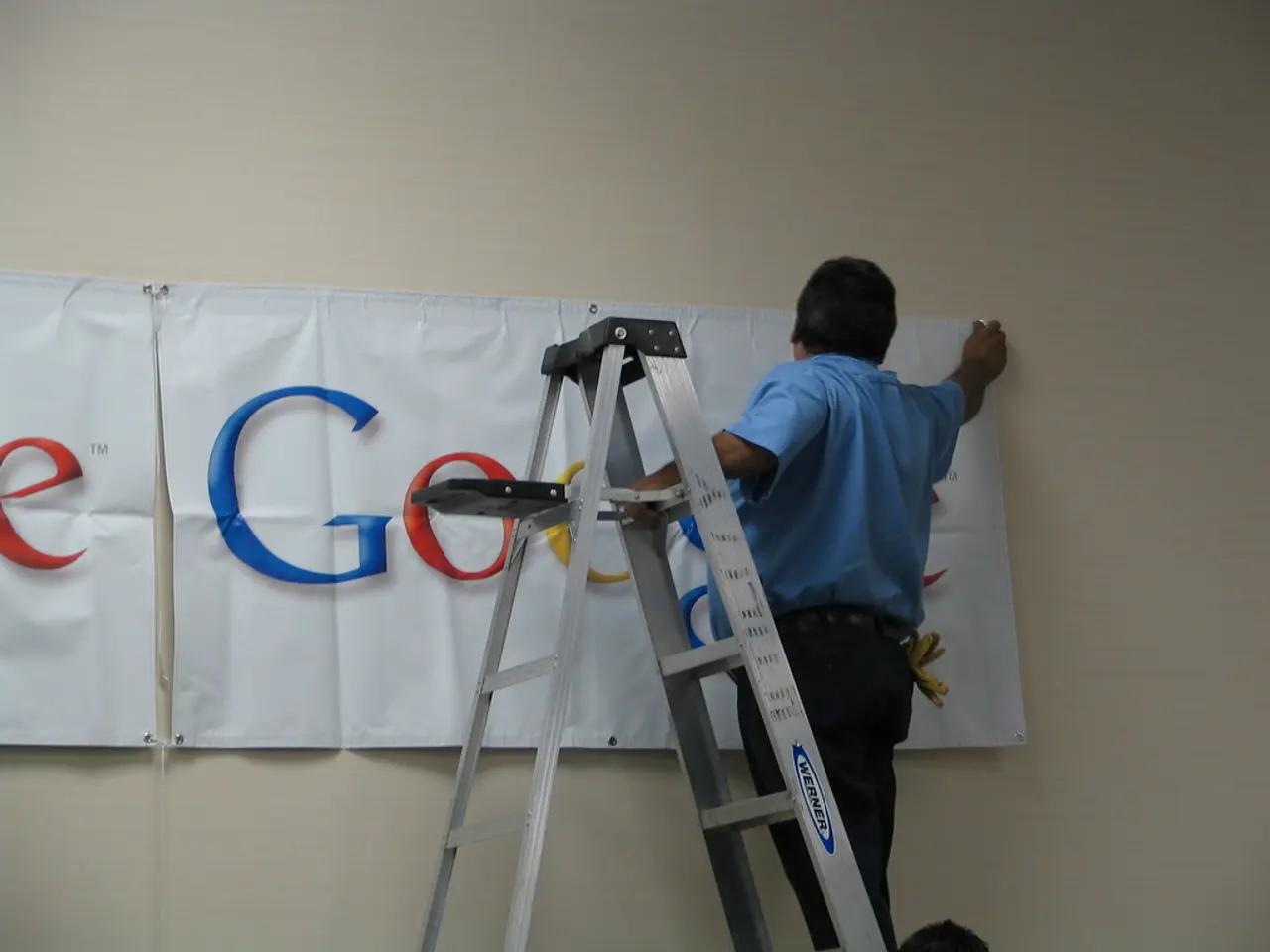Marketing Strategy Showdown: SEO or SEM, Which One Fits Your Company Best?
Search Engine Optimization (SEO) and Search Engine Marketing (SEM) are two essential strategies in digital marketing that help businesses increase their online visibility and drive traffic to their websites. While they share a common goal, these two approaches differ in several key aspects.
Cost
SEO is primarily an unpaid strategy focusing on organic search traffic, requiring investment in content creation and technical optimization but no direct ad spend once established. On the other hand, SEM is a paid strategy that includes paid ads like Pay-Per-Click (PPC), requiring ongoing payment for clicks or impressions. Over time, SEO is more cost-effective as organic traffic is free after the initial effort.
Results Time Frame
SEO results take longer to manifest, typically 6 to 12 months or more, as rankings build gradually and rely on search engine algorithm updates. In contrast, SEM yields immediate results once ads are launched, making it effective for quickly driving traffic or launching new products.
Sustainability
SEO provides long-lasting, cumulative benefits by building site authority and high organic rankings which persist even after temporary pauses in active work. SEM benefits cease as soon as paid ad campaigns stop.
Control and Flexibility
SEM offers greater control and flexibility; advertisers can rapidly test ad copy, targeting, and bidding with A/B tests and adjust campaigns in real-time based on performance data. SEO control is limited by search engine algorithms and takes longer to optimize and adapt since rankings respond more slowly.
Visibility
SEM can boost immediate visibility in paid search results above organic listings, useful for competitive or time-sensitive campaigns. SEO builds organic visibility in unpaid results, helping capture traffic across the entire buyer’s journey, though with less predictability in placement and click-through rates.
Analytics
SEM provides detailed, immediate analytics on ad performance such as clicks, conversions, and ROI, allowing fast optimization. SEO analytics focus on organic rankings, traffic trends, and engagement metrics, which provide insight for longer-term optimization strategies but evolve more slowly.
When to Use Each Strategy
- Use SEO for businesses aiming for sustainable, long-term growth with limited ad budgets, focusing on building authority and organic search presence. Ideal for established companies, content-rich sites, and when targeting a broad funnel of awareness to decision stages.
- Use SEM for businesses needing instant traffic boosts, launching new products, targeting highly competitive keywords, or running time-sensitive promotions. SEM works well for startups, seasonal offers, or when rapid testing of messaging and targeting is essential.
Often, a combined approach leveraging SEO for enduring organic growth and SEM for immediate, flexible traffic acquisition and testing creates the most scalable and effective search marketing strategy.
Key Differences and Recommended Use Cases
The key differences between SEO and SEM across cost, results time frame, sustainability, control and flexibility, visibility, analytics, and recommended business use cases are highlighted in the table below:
| Aspect | SEO
SEO and technology intersect when businesses utilize advanced SEO tools and techniques to optimize their websites for search engines, improving their online visibility. These tools encompass keyword research, on-page optimization, and competitive analysis, utilizing technical knowledge to foster sustainable growth.
Similarly, SEO is closely associated with education-and-self-development, as mastering SEO skills empowers individuals to navigate and thrive in the digital landscape. By learning SEO best practices and staying updated on algorithm changes, one builds a valuable set of skills that can support personal growth and career advancement.
On the other hand, lifestyle improvements can be achieved by optimizing for mobile users and ensuring websites provide an enjoyable, user-friendly experience for visitors. Good SEO practices can enhance a website's usability, leading to increased engagement, reduced bounce rates, and improved conversion rates, ultimately enhancing a user's overall online experience.




